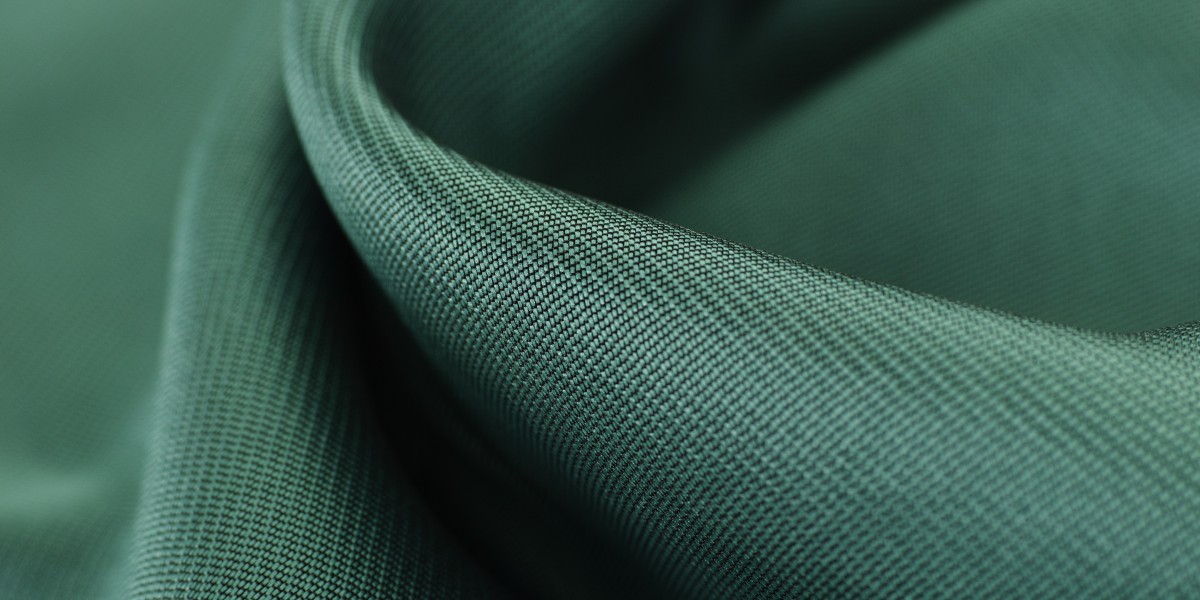If you make clothes, furnishings, or industrial products, choose bulk polyester fabric. It will help you make better decisions for your business.
Quality Indicators to Check
Before a large wholesale polyester fabric order, assess key quality factors.
Fabric weight, measured in GSM (grams per square meter), tells you its heaviness and density. Medium-weight options (150-300 GSM) suit pants, jackets, and upholstery. Heavy polyester fabrics (300+ GSM) are ideal for outerwear and industrial applications.
Fiber Quality Look at the individual fibers in your wholesale polyester fabric samples. High-quality polyester will have uniform, smooth fibers without breaks or inconsistencies. Hold the fabric up to light to check for even distribution and density. Poor fiber quality often shows up as irregular thick and thin spots in the material.
Check your bulk polyester fabric samples for color variations in multiple areas. Quality polyester should maintain consistent coloring throughout the entire roll. Check both sides of the fabric. Poor-quality dyes may show uneven absorption.
Strength and Durability Tests
Perform these essential tests on your wholesale polyester fabric samples:
Stretch and Recovery Gently stretch the fabric in both directions (lengthwise and crosswise). Quality polyester should return to its original shape quickly. If it remains stretched out or develops ripples, this indicates poor recovery properties.
Pilling Resistance Rub a small section of the fabric against itself for 30 seconds. Quality polyester resists pilling and shouldn't show significant fiber balls or surface damage. Excessive pilling suggests lower-quality fibers that won't hold up well during use.
Seam Strength Test how well the fabric holds stitches by sewing a sample seam. Quality wholesale polyester fabric must have strong seams. They should not pull or create holes around the stitching. This is particularly important for clothing and upholstery applications.
Practical Considerations
Consider these factors when selecting your bulk polyester fabric:
End Use Requirements Match the fabric properties to your specific needs:
Clothing requires good drape and comfort
Upholstery needs high durability and stain resistance
Athletic wear demands moisture-wicking properties
Industrial applications require specific strength ratings
Minimum Order Quantities Most wholesale polyester fabric suppliers have minimum order requirements. Calculate your needs carefully to avoid excess inventory while meeting these minimums. Consider storage space and shelf life when determining order quantities.
Cost Analysis: Compare prices across suppliers. The cheapest option isn't always the most cost-effective. Factor in:
Shipping costs
Import duties (for international suppliers)
Quality consistency between batches
Supplier reliability
Payment terms
Technical Specifications
Understanding technical aspects helps you communicate effectively with suppliers:
Fiber Construction Common polyester fabric constructions include:
Single knit: Flexible and stretchy
Double knit: More stable with better recovery
Woven: Structured and durable
Microfiber: Ultra-soft with enhanced properties
Choose the construction that matches your product requirements.
Finish Types Different finishes affect the fabric's performance:
Moisture-wicking
UV protection
Anti-static
Flame retardant
Water-repellent
Specify needed finishes when ordering wholesale polyester fabric. This ensures proper treatment during manufacturing.
Working with Suppliers
Build strong supplier relationships to ensure consistent quality:
Sample Testing Request samples from multiple suppliers before placing large orders. Test each sample thoroughly and compare:
Quality consistency
Color accuracy
Performance characteristics
Finish effectiveness
Documentation Get detailed specification sheets for your bulk polyester fabric orders, including:
Fiber content percentages
Weight certification
Treatment certifications
Care instructions
Testing results
Quality Control Measures
Implement these quality control steps:
Inspection Protocols Develop a systematic inspection process for incoming wholesale polyester fabric:
Check entire rolls for defects
Measure width consistency
Verify weight specifications
Test color matching between batches
Document any issues found
Testing Standards Follow industry testing standards:
Colorfastness to washing
Dimensional stability
Tensile strength
Tear resistance
Abrasion resistance
Maintaining Consistency
Ensure consistent quality across orders:
Record Keeping Maintain detailed records of:
Supplier information
Order specifications
Quality test results
Production issues
Customer feedback
This info helps track performance. It aids decisions on future polyester fabric orders.
Batch Tracking Implement a system to track different batches of bulk polyester fabric:
Label all incoming materials
Record manufacturing dates
Note any variations between batches
Track performance differences
Common Issues to Watch For
Be aware of these potential problems:
Manufacturing Defects Check for:
Yarn breaks
Color bleeding
Uneven dyeing
Improper finishing
Width variations
Address any issues with your supplier immediately to prevent recurring problems.
Storage Considerations Proper storage of wholesale polyester fabric prevents damage:
Keep away from direct sunlight
Maintain consistent temperature
Control humidity levels
Store rolls horizontally
Rotate inventory regularly
Making Your Final Decision
Consider these points when selecting your wholesale polyester fabric supplier:
Reliability Factors
Consistent quality
On-time delivery
Clear communication
Fair pricing
Problem resolution
Production capacity
Evaluate these aspects to choose the best wholesale polyester fabric for your business. Take time to research suppliers, test samples thoroughly, and establish clear quality standards. This method ensures product quality and customer satisfaction. It also keeps operations profitable.
Remember that choosing the right bulk polyester fabric is an ongoing process. Regularly evaluate your suppliers, materials, and processes. It helps maintain quality and adapt to changing business needs. Stay updated on new developments in polyester fabric technology. It will keep your products competitive in the market.








